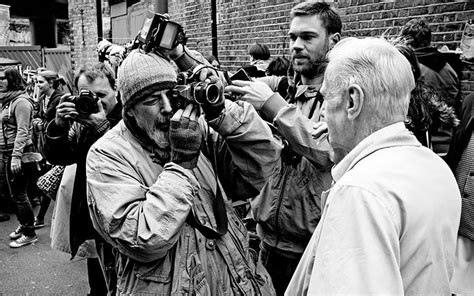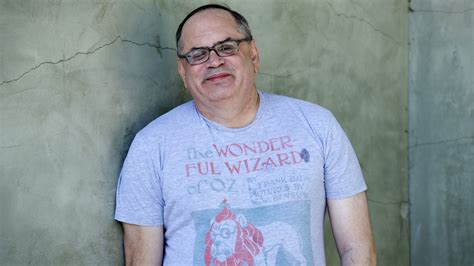A Quote by Susan Sontag
To photograph people is to violate them, by seeing them as they never see themselves, by having knowledge of them that they can never have.
Quote Topics
Related Quotes
To photograph people is to violate them, by seeing them as they never see themselves, by having knowledge of them that they can never have; it turns people into objects that can be symbolically possessed. Just as a camera is a sublimation of the gun, to photograph someone is a subliminal murder - a soft murder, appropriate to a sad, frightened time.
A photograph never grows old. You and I change, people change all through the months and years but a photograph always remains the same. How nice to look at a photograph of mother or father taken many years ago. You see them as you remember them. But as people live on, they change completely. That is why I think a photograph can be kind.
I worked with creative people who were very demanding of me, and they helped me reach performances that I never could have gotten on my own without being pushed and having trust in them. And so I know the best way to get the best performance of an actor, and that's not to coddle them or to baby them. It's to help them; it's to push them.
My dogs can't do anything--and what a relief. I don't make any demands of them, and I don't try to shape them or their future. For the most part, I trust them to make the right choices for themselves. I always look forward to seeing them, and I love just watching them sleep. What a great relationship.

































